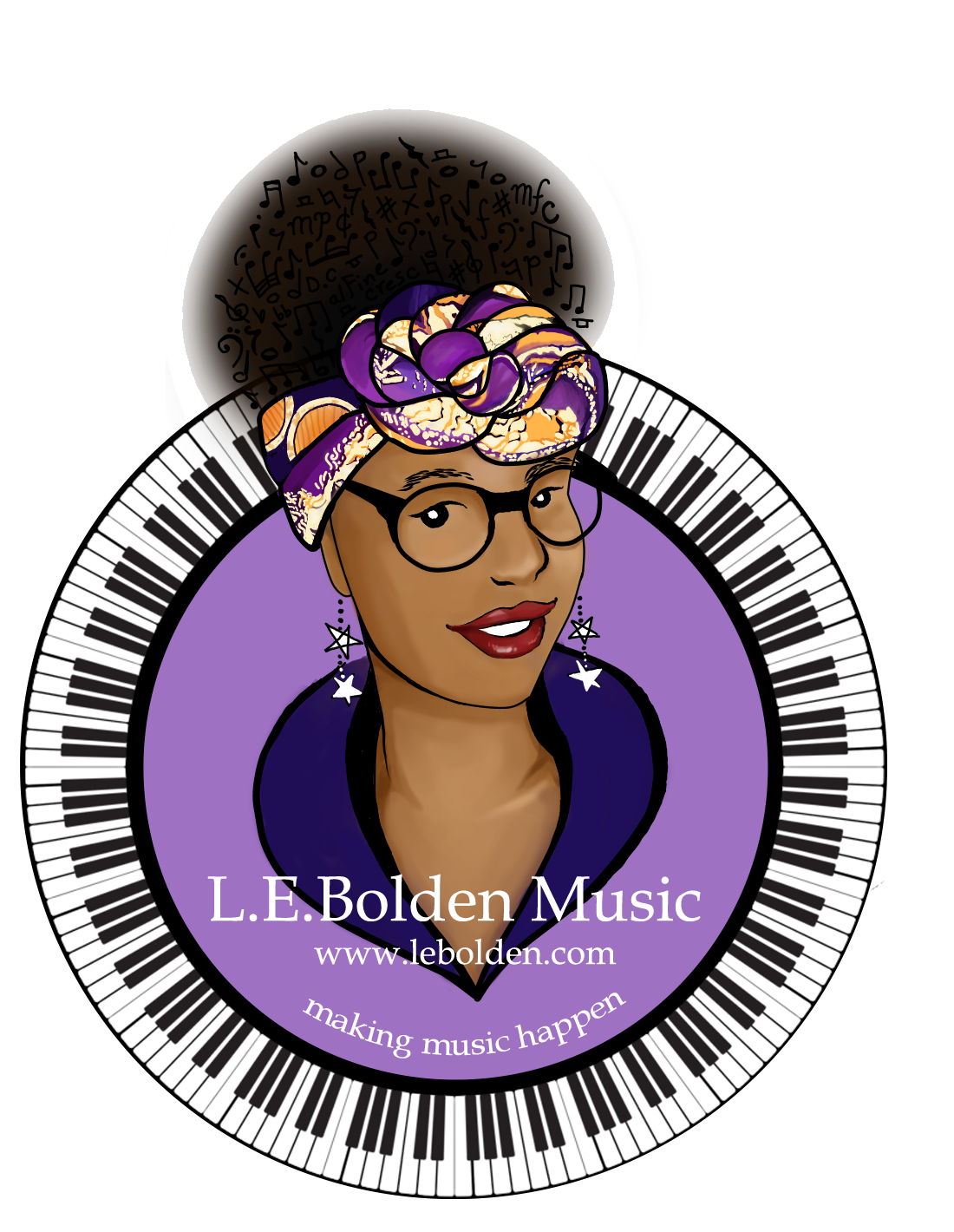DEEP RIVER
Deep River,
My home is over Jordan
Deep River, Lord
I want to cross over into campground
Oh, chillun, Dont you want to go to that gospel feast,
That promised land, where all is peace?
Deep River, Lord
I want to cross over into campground
“...But the space of perfect freedom is distant. And another obstacle presents itself – a river to cross, most often designated by the Biblical name of the Jordan” (Chenu).
While the Biblical River of Jordan is referenced in many spirituals, none are as famous or as often sung as Deep River. In the Bible, the Israelites crossed the Jordan into the Promised Land after forty years of wandering the desert. As Negro Spirituals tend to draw inspiration from Biblical stories, it is no wonder slaves would draw a connection to the River of Jordan and the promised peace on the other side.
Having sung spirituals for most of my college career, I knew that many of the songs drew this connection to the Jordan River. What I learned upon visiting the Underground Railroad Museum in Cincinnati is that the Jordan River in spirituals is often code for the Ohio River specifically, which was the physical separation between the southern slave states and the free north. The river was “the last and most formidable barrier to freedom” (Thurman). To the escaping slave, eternal rest and freedom or, campground, was on the other side of the river. “In the spirituals, the vocabulary of heaven is rich, using both Christian terms and terms from the common human experience” (Cheun). The word “Campground” in Deep River represents Heaven. Other common metaphors for Heaven in spirituals include words like home, bright mansions above, green pastures, a better day, and the world above (Chenu).
The song Deep River was first popularized by Henry “Harry” T. Burleigh in his 1916 collection, Jubilee Songs of the USA. “The widespread success of his setting of Deep River inspired the publication of nearly a dozen more spirituals the same year” (H. T. Burleigh). The imagery of the River is so powerful that it continues into African American literature, the most of famous of which, is the poem The Negro Speaks of Rivers by Langston Hughes. Theologian Howard Thurman draws a connection between the metaphorical river to life itself when he writes: “...at its source [the Mississippi River] is unpretentious, simple. It increases in momentum, in depth, in breadth, in turbulence as it makes its journey down the broad expanse of America, until at last it empties itself into the Gulf of Mexico, which, in a sense, is the triumph of its own achievement! …Life is like that!”
Sources:
H. T. Burleigh (1866-1949). The Library of Congress. (n.d.). https://www.loc.gov/item/ihas.200035730#:~:text=Harry%20Thacker%20Burleigh%20played%20a,adaptations%20of%20African%2DAmerican%20spirituals
Chenu, Bruno. The Trouble I’ve Seen: The Big Book of Negro Spirituals. Judson Press, 2003.
1873-1954., Johnson, J. Rosamond (John Rosamond), et al. The Books of American Negro Spirituals: Including The Book of American Negro Spirituals and the Second Book of Negro Spirituals. Da Capo Press, 1926.
Thurman, Howard, and Howard Thurman. Deep River ; and, the Negro Spiritual Speaks of Life and Death. Friends United Press, 1975.
Notable Arrangements and Performances
Deep River
Sung by Fisk Jubilee Singers
The Moses Hogan Singers - Deep River
Arr. by Moses Hogan
Deep River (Remastered)
Sung by Paul Robeson*
Deep river (Feel the Spirit) - John Rutter, Cambridge Singers, BBC Concert Orchestra
Arr. by John Rutter
Deep River -- Coming Soon
Arr by L. E. Bolden*
Harry Thacker Burleigh - Deep River
Arr. by H. T. Burleigh
*African American Composer or Performer
